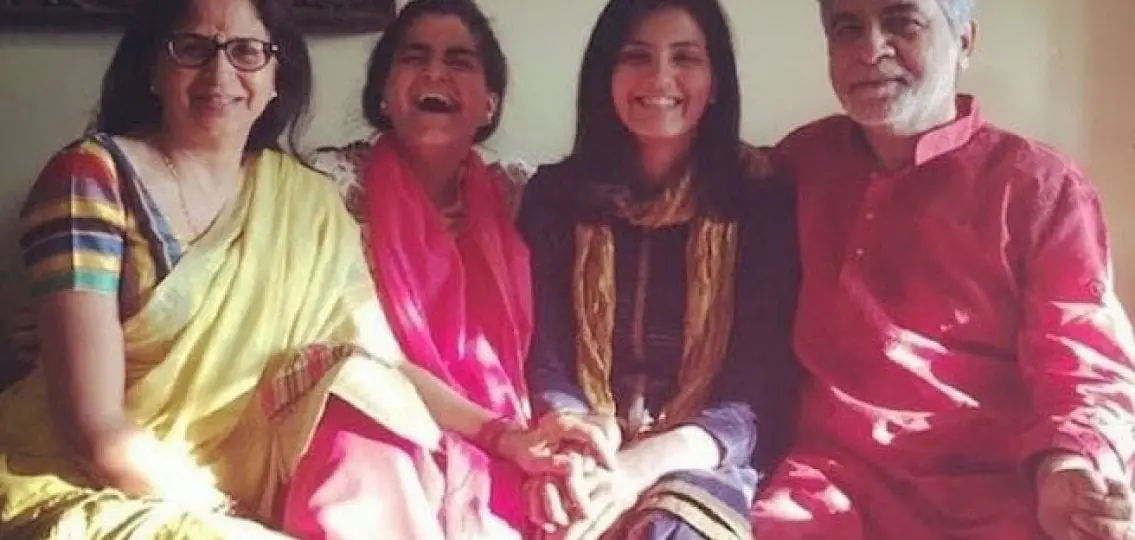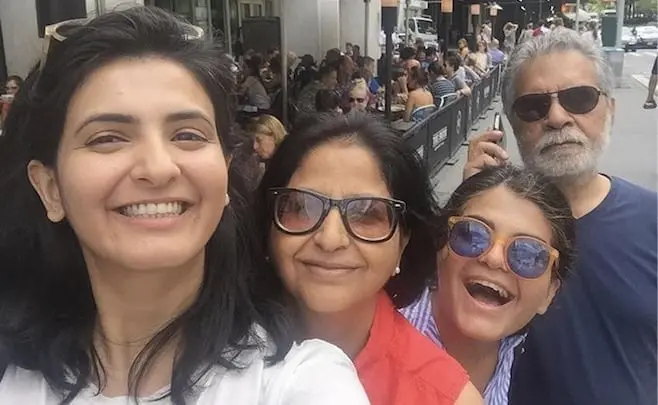Here’s the thing with Indian parents: They can be awful.
You can get straight As and they will ask you why you didn’t get A pluses. You can get into Harvard. They will cry for Yale. You will never get, “Good job!” or, “We’re so proud of you!”

If you don’t have a lifetime of psychological mess to deal with as a result of this parenting strategy, you will actually be able to ascribe much of your success to it. Because it’s not that you’re never good enough; it’s that you can always do better.
They teach you ambition.
This is why (I assume) there are so many Indian doctors and lawyers. Not just because “you’ve let down the family” or “you are a disgrace” or “you are killing grandma” (because we are a collectivist society), but because they are aware of your potential, and they want you to reach it. We strive for more because our parents so expertly intertwine their success with ours.
The reason it’s not okay to drop out of school and try to “find yourself” like Becca from down the hall is because your parents need you to provide them with conversational currency to boast about their success as parents. And they understand that life is unforgiving. It will not be kind to you for having missed four important earning years bumming around Mexico. They understand how the world works. And they enforce that on you until you have enough life experience to understand it yourself.
But another thing with Indian parenting is that you will never have bigger cheerleaders.
As they berate you, they will, equally vehemently, praise you to others. To anyone outside the family, you can do no wrong. Usual Indian parents will always be your best public brand managers. Companies have risen and nations fallen with the support of Indian parents and gossip.
Granted, mine weren’t usual. I didn’t have to provide a powerpoint’s worth of explanations why I should be allowed to sleep over at a friend’s house. Nor did I have to live through the horror stories of traditional expectations that many of my friends did. They supported me through my millennial angst (which just wasn’t a thing in India). My father often (still) jokes that I would’ve done better with a couple of smacks when I was growing up. “Maybe you wouldn’t be as rebellious,” he often adds, lamenting about my very expensive liberal arts degrees while my more disciplined friends breezed through engineering degrees and promotions at Google.
American parents, especially, have always fascinated me as a direct juxtaposition.
I have lived in the United States for 10 years, I have assimilated in every possible way (down to accent, dress sense, cultural references, the way I spell “neighborhood,” etc), but I will never understand how American parents can react to a disobedient and disrespectful child by turning the other cheek.
If Johnny slaps his mom and then threatens to call child services when she sends him to his room without dinner, Arun will be sent to his room for a month, while being expected to do chores and not being allowed internet access. Indian parents do not give a (pardon my French) shit. Your welfare and social adjustment are more important to them than being your friend, or short term popularity or happiness.
Indian parents will risk you hating them forever because they love you.

They trust themselves enough to make you their enemy, as long as you graduate from private school with a straight A GPA, reasonable social skills, and admission into a good university for a marketable degree. Case in point: even my reasonably liberal parents turned my penchant for art away from a (less than ideal) fine art degree towards a (much more marketable) media degree. They get it, and we go from loving them to hating them to thanking them. I’d recommend sparing a thought for archaic methods of parenting.





